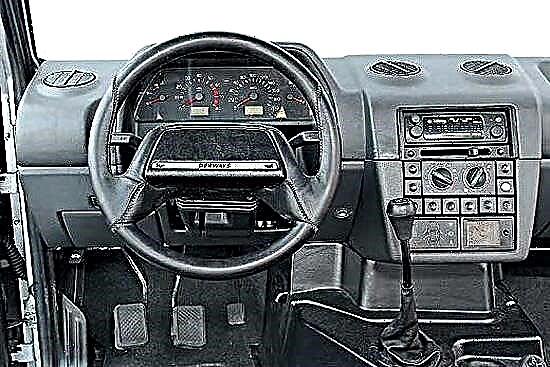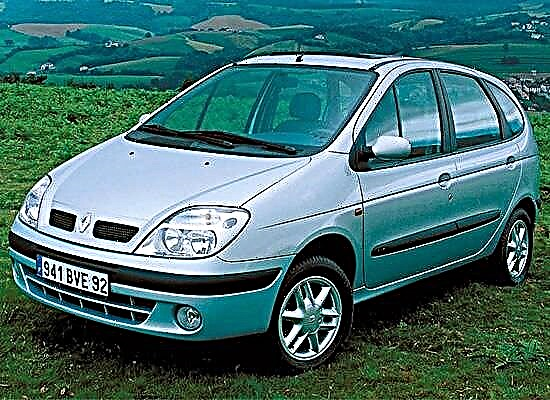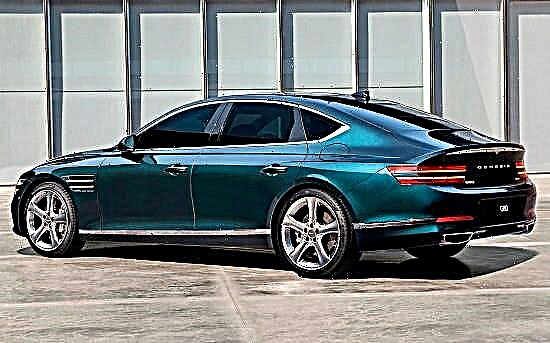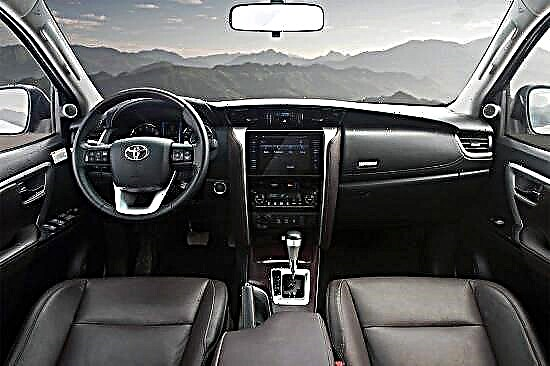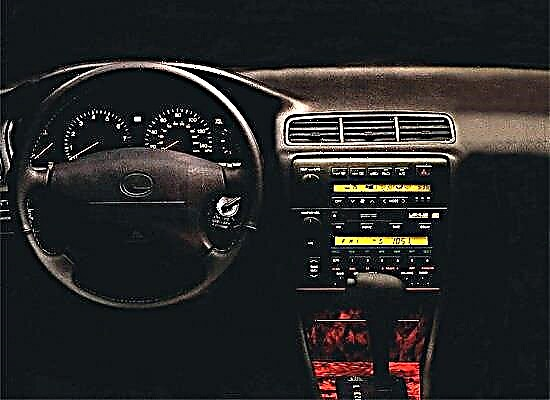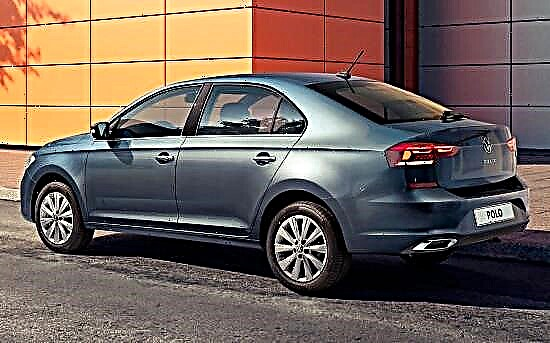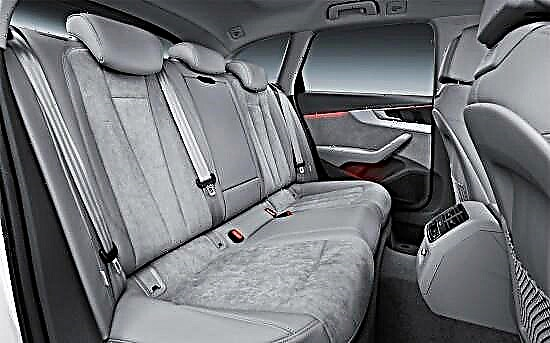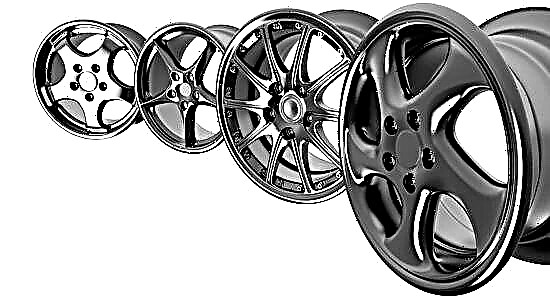In the wheel rim market, the largest sales volume falls on cast (light-alloy) rims, presented by dozens of manufacturers and hundreds of models, both at a budget and at a very biting price. But what is the advantage of casting over classic stamped steel discs? What are their weaknesses? And finally, how to choose and use alloy wheels correctly? We want to give answers to these questions.
Let's start with the basics - production technology. As the name implies, alloy wheels are produced by casting - an aluminum or magnesium alloy is poured into the preformed mold. However, different manufacturers use different methods. The most common and cheapest method is considered to be gravity casting, in which the molten alloy is poured into a mold without any additional impact. Slightly more expensive is the injection molding method, in which the mold is filled under pressure, which allows for a denser material structure, thereby providing improved mechanical properties of the disc. After the blank of the future cast disc has hardened, it is subjected to heat treatment (hardening), then the disc is mechanically processed and only after that protective and paint coatings are applied.
As mentioned above, the main materials for the production of light alloy wheels are aluminum and magnesium alloys (hence the "light alloy"). It should be noted that disks made of magnesium-dominated alloys are noticeably lighter, but at the same time they are less resistant to the external environment, i.e. more susceptible to corrosion than aluminum alloy discs.

Now let's talk on the advantages of cast alloy wheels:
- The biggest advantage is light weight. In comparison with stamped steel discs, "casting" is 15 - 40% lighter, which helps to reduce the load on the unsprung parts of the car's suspension. In addition, the reduction in weight has a positive effect on fuel consumption, acceleration dynamics and handling, so alloy wheels are the best choice for those who like fast driving.
- Another important plus is more efficient cooling of the braking system. Alloy wheels are not only well blown by oncoming air currents, but also have better thermal conductivity.
- The third advantage of casting over stamped discs is greater precision in manufacturing, which makes wheel balancing much easier and more accurate.
- And finally, for many, the most important advantage is the almost endless number of design options that make it possible to give your car an original look.
However, alloy wheels are not devoid of cons:
- In particular, the same design sometimes plays a negative role. The fact is that on most models, the spokes have internal cavities on the back side, which are clogged with dirt and are not cleaned during washing. Filling these cavities leads to an imbalance in the masses of different parts of the wheel, which, in turn, is fraught with the appearance of beating in the steering wheel and a decrease in controllability.
- In addition, cast light-alloy wheels are quite fragile and cannot withstand severe impacts, as a result of which they crack or completely collapse.
- The fragility of casting and the abundance of design options add up to a third disadvantage - the difficulty of selection in case of loss of one disc. Many people strive to stand out on the road due to the original casting, but if only one wheel is damaged, the process of finding a replacement can take a long time, sometimes corny forcing you to purchase a new set of discs, which is quite expensive.
Going to the store for a new set of alloy wheelsThere are a few simple things to remember:
- Firstly, there is a fairly large volume of "Chinese" fakes on the Russian market, so it is advisable to make a purchase in a trusted, large and specialized store, about which there are positive reviews at least from friends or neighbors in the garage.
- Secondly, it will not be superfluous to take with you to help a specialist who is well familiar with alloy wheels, who will help you navigate among hundreds of options.
- Third, pay attention to the alloy from which the discs are made: magnesium alloys provide less weight, and aluminum alloys have better corrosion resistance.
- And, fourthly, when choosing disks according to the original design, do not forget that in the event of a breakdown, it will be very problematic to buy only one replacement disk.
Concluding the article, let's say a few words and on the operation of light-alloy alloy wheels... It is undesirable to use casting in the winter season, as anti-icing agents easily destroy the protective coating of the discs. In addition, side impacts are much more common in winter (snow-covered curb, ice rut edge, etc.), which can damage the discs. Also, you should be very careful about cleaning light-alloy wheels. Experts advise not to abuse the contactless sink, they recommend washing the castings only in a cold state, and not immediately after the trip. To wash alloy wheels, you must use detergents without active ingredients, for example, mild soap.

